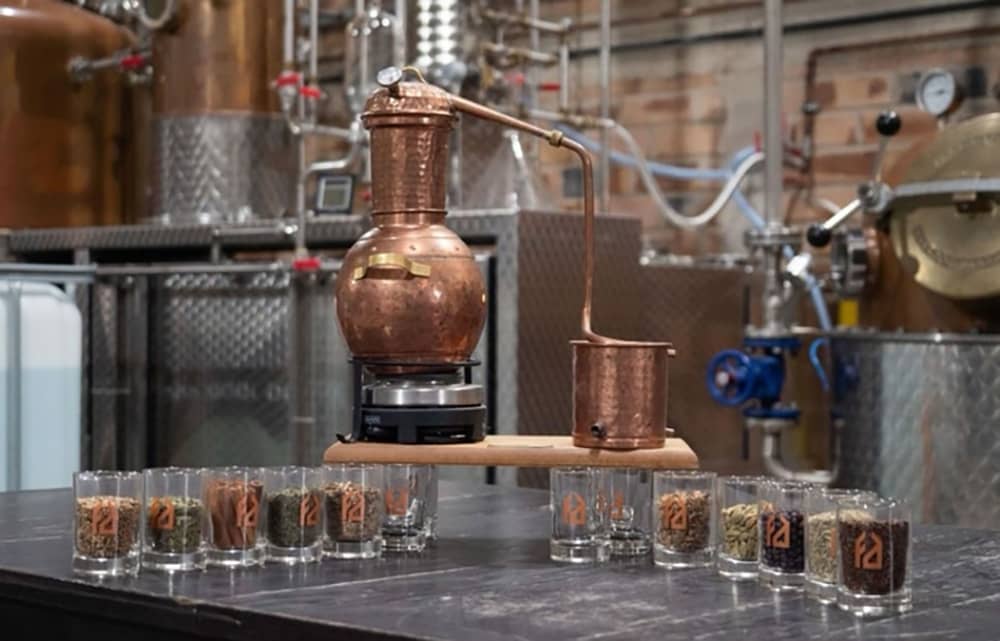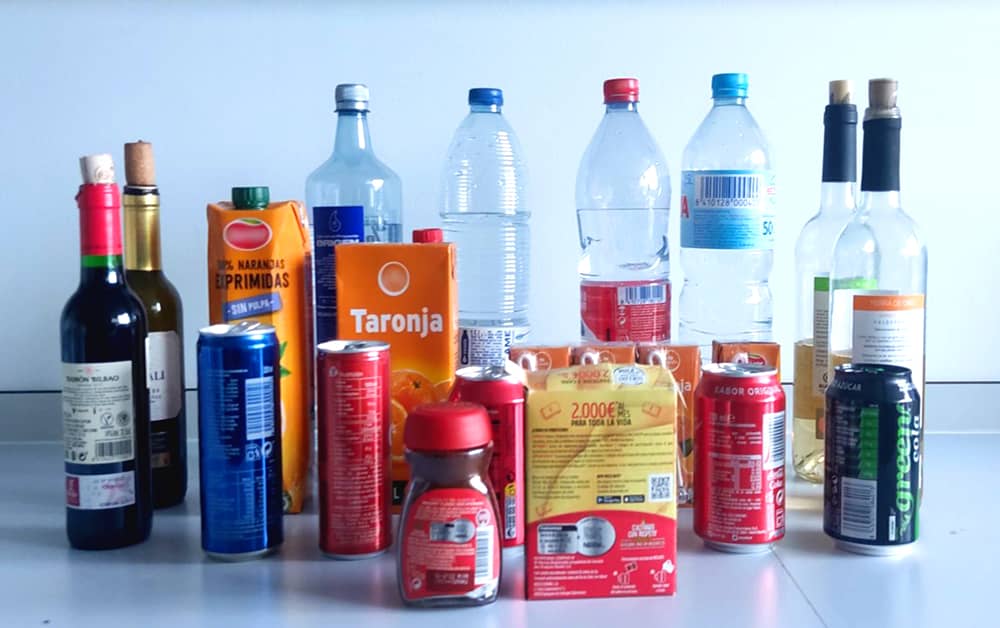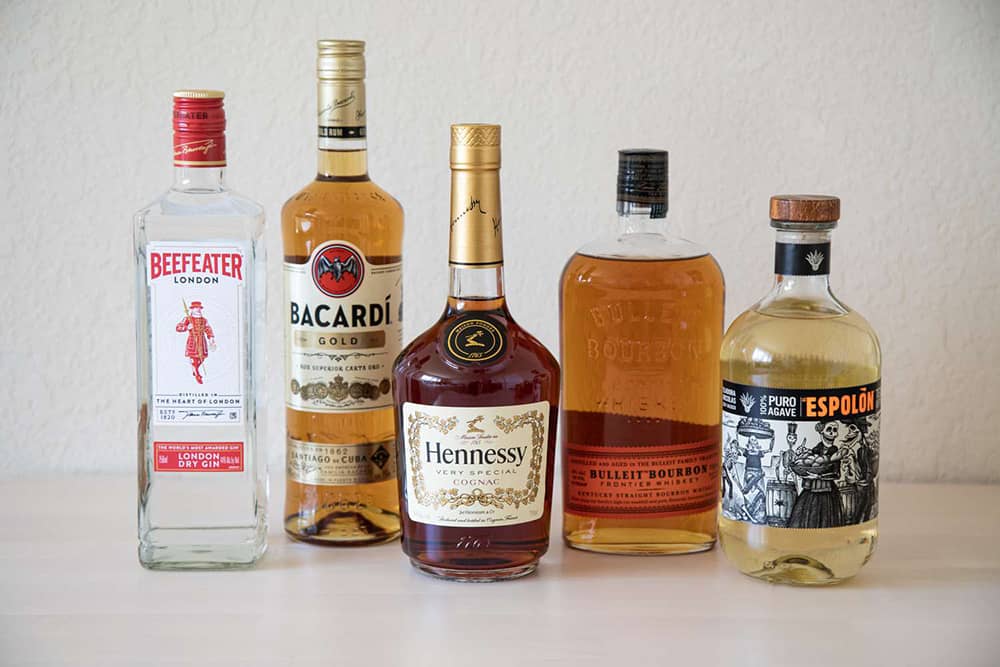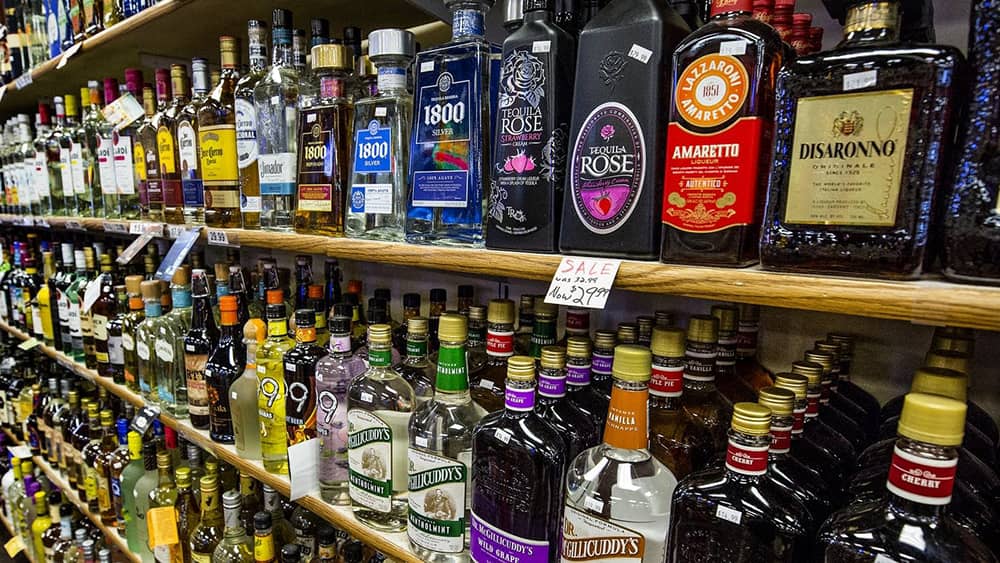Recent centuries, wine is one of the most important goods for human. At the same period, the consumption of wine increases rapidly. However, the plasticizer problems are more and more common.
What is a plasticizer
Plasticizer is widely used polymer material additives in industry. Adding this substance in plastic processing can make the plastic more flexible and easy to process. It can be legally used for industrial purposes.
PAEs are a class of fat-soluble compounds with strong estrogenic effects. They can cause endocrine disorders in the body and have serious harm to human health. Therefore, they must not be added to food.
PAEs are easily soluble in ethanol and have good solubility in white wine. Therefore, they become common pollutants in white wine. Common white wines include DBP, DINP and DEHP.
Through the comprehensive analysis of the entire process of various white wine brewing processes, plasticizer will not appear in the fermentation process of white wine production. Plasticizer found in white wine products belong to specific migration. They are brought in by brewing raw materials polluted by the environment. The migration of pipes, equipment or pipes made of plastic and rubber materials used in the production or processing links, the pollution of plastic packaging, as well as brewing water and illegal additions are the main sources of plasticizer in white wine production.
Raw materials for brewing
A small amount of PAEs in raw materials for brewing will bring hidden dangers to the quality and safety of liquor. The concentration of PAEs in various environmental media such as water, atmosphere, soil and sediment gradually increases. As a result, the content of plasticizer in raw materials for brewing exceeds the relevant standards. This in turn affects the quality of liquor.
Previous researchers tested the main raw materials for brewing, sorghum, Daqu, rice husks, brewing water and products at various stages, and found that there were a small amount of PAEs in the raw materials for brewing. Among them, Daqu contained DBP 0.344mg/kg. Under the premise of not contacting plastic products, the plasticizer in the process of brewing liquor mainly come from raw materials.
Contact with plastic products
Liquor will not produce plasticizer in the fermentation process of itself during the brewing process. However, plastic tools will be contacted during the brewing process, such as plastic wine barrels, plastic wine pipes, latex pipes for wine pumps in and out, and plastic cloth for sealing wine tanks. Plastic products such as plastic inner covers, plastic bags, plastic bottles and plastic barrel packaging that are contacted during transportation and storage are also factors in the production of plasticizer in liquor. During the storage and transportation of liquor, temperature, alcohol concentration and storage time have a significant impact on the production of plasticizer. PAEs are strictly prohibited from being artificially added to food and food additives. However, they can be used in food containers and food packaging materials. Because the plasticizer in the contact material will migrate to the contact object to a certain extent.
The researchers tested the content of plasticizer DBP, DEHP and DINP in alcohol in production containers and transportation pipelines respectively. The experimental results showed that the amount of DBP in the wine reached 0.43mg/kg during the transportation process using plastic pipes, which exceeded the normal number of 0.13mg/kg. However, DBP, DEHP and DINP were not detected during the transportation process using stainless steel pipes. Different alcohol concentrations are stored in plastic barrels. The higher the alcohol concentration, the higher the content of plasticizer migrated from the plastic barrel.
Water
Water is the most basic element in the production of liquor. Due to environmental pollution problems, the water source may contain PEAs. The water used by liquor companies for pulping is pure water. During the pure water treatment process, PEAs cannot be filtered out.
Illegal addition
Generally speaking, adding plasticizer to liquor can make liquor of less than 10 years old look good. It can also make the liquor stick to the cup. Therefore, some unscrupulous manufacturers add highly toxic dibutyl phthalate when blending liquor to make 3-year-old liquor become 30-year-old liquor. However, adding plasticizer to liquor cannot change the quality of the liquor. This is because plasticizer should have no effect on the color, aroma and taste of the liquor.
The harm of plasticizer in liquor
The presence of plasticizers in liquor may pose a potential hazard to human health. Ingestion of plasticizers in the short term may not immediately cause obvious health problems. However, long-term exposure to plasticizers may have chronic effects on the human body.
Hormone interference
Phthalates in plasticizers are considered to have hormone-interfering effects. They may interfere with the normal function of the endocrine system. This may lead to reproductive system problems, developmental abnormalities, and potential cancer risks.
Plasticizers are strictly prohibited as food additives. Plasticizers and synthetic musks have been confirmed to be environmental hormones and endocrine disruptors. Environmental hormones are substances that are very similar to human hormones. They imitate human hormones and deceive our bodies. They can cause harm to the reproductive system, and the sequelae will be spread to the second or even third generation.
Effects on the liver and kidneys
Some studies have shown that long-term intake of plasticizers may have adverse effects on liver and kidney function. These compounds may cause liver and kidney damage. And increase the risk of liver cancer and kidney disease.
Other health problems
Plasticizer is also associated with other health problems. Such as respiratory problems, immune system problems, and cardiovascular disease. Although there is no conclusive evidence that plasticizer in liquor directly cause these health problems, these problems are related to chronic exposure to plasticizer.
The problem of plasticizer in liquor has aroused people’s concern about the quality and food safety of liquor. Plasticizer mainly come from the production process and packaging materials of liquor. Long-term exposure to plasticizer may have potential harm to human health. Including hormone interference, liver and kidney damage and other health problems. Therefore, for liquor manufacturers, it is necessary to strengthen the monitoring and control of plasticizer to ensure the quality and safety of products.
The chemical reaction between plastic and wine
First of all, we need to understand the material of the plastic barrel. Common plastic barrels are mostly made of polymer materials such as PE or PP. These materials have good stability to most chemicals at room temperature. However, liquor contains a variety of organic components such as alcohol, esters, and acids. These components may react chemically with additives or residual substances in the plastic during long-term contact with plastic. Then,it causes the flavor and quality of the liquor to change.
Secondly, some auxiliary materials such as plasticizer and stabilizers may be added to plastics during processing. These substances may dissolve under the action of alcohol, further affecting the quality of the liquor. The content of these substances is usually low. But long-term intake may still pose a potential risk to human health.
In addition, the sealing of plastic barrels is poorer than that of containers such as glass bottles. Therefore, it is easy to cause oxidation and volatilization of liquor. Liquor needs to maintain a certain humidity and temperature during storage. The air permeability and thermal insulation performance of plastic barrels are poor. So it is not conducive to the long-term preservation of liquor.
So, can we drink the liquor in plastic bottle?
From a safety perspective, drinking a small amount of liquor in plastic barrels in a short period of time may not cause significant effects on the body. But in the long run, in order to ensure the quality and safety of liquor, it is recommended to choose more suitable containers such as glass bottles and ceramic jars to store and drink liquor.
In short, liquor in plastic barrels is easy to carry and store. But there are many potential safety risks. For our health and the quality assurance of liquor, it is recommended that you try to choose products using traditional containers when choosing liquor. At the same time, you should also pay attention to drinking in moderation during drinking. Avoid excessive alcohol intake and damage to the body.
Finally, for consumers who have purchased liquor in plastic barrels, it is recommended to carefully check the sealing and appearance of the plastic barrels for damage, deformation, etc. before drinking. At the same time, pay attention to observe whether the color, smell and taste of the liquor have changed during drinking. Once an abnormality is found, stop drinking immediately and consult a professional doctor or relevant department in time.
In daily life, we should pay attention to food safety and health. At the same time, improve self-protection awareness. By choosing suitable containers and storage methods, and drinking liquor in moderation, we can better enjoy the pleasure and satisfaction brought by this traditional wine.
Then how to avoid the plasticizer in wine industry?
1. Use wine roasting equipment that meets food requirements, do not use plastic pipes for wine pipes (if you are sure to use high-temperature resistant food-grade plastic pipes), and connect wine barrels. When choosing equipment, it is best to choose equipment with matching wine pipes, such as Yada winemaking equipment.
2. It is recommended to use ceramic jars, 304 food-grade stainless steel fermentation barrels or cellars as fermentation containers. If you must use plastic barrels, it is recommended to use food-grade plastic barrels that can provide test reports. Although this product will be more expensive.
If you plan to go through the relevant wine making procedures, it is not recommended to use plastic barrels.
3. It is not recommended to use inferior and aged plastic pipes for drawing white wine pipes. But stainless steel hose to reduce the content of plasticizer.
4. Most small workshops mainly engage in bulk wine. When customers come to buy wine, most of them will use simple plastic packaging. The traditional wine shell has a heavy plastic smell. Thus we Everflex recommend you to use plastic barrels similar to those used to pack vegetable oil barrels.
For the liquor industry, choose a food grade hose which is free of plasticizer is necessary. In another hand, the government need to enhance the inspection to the wine industry.









